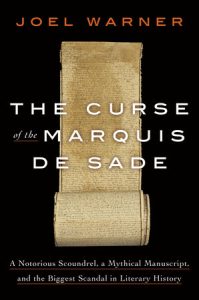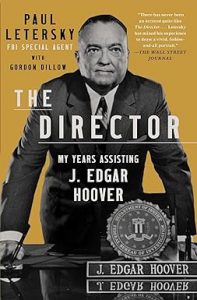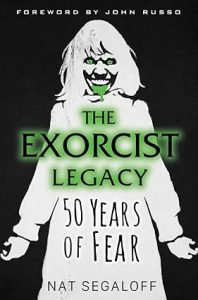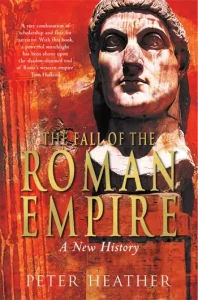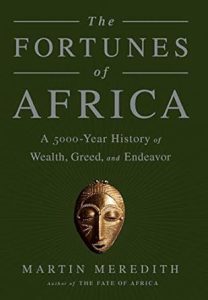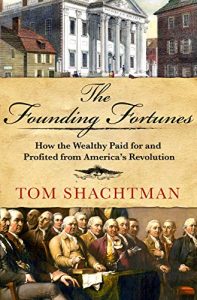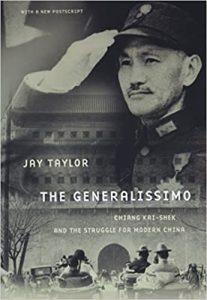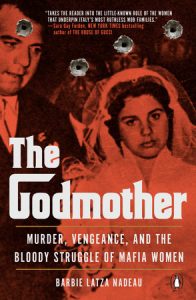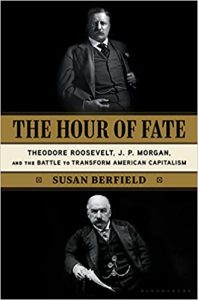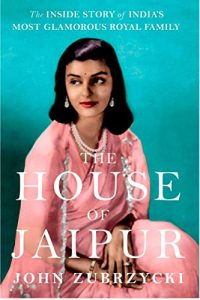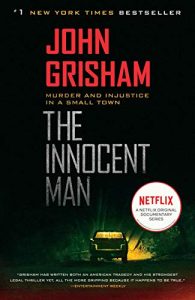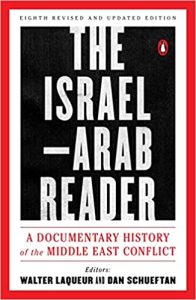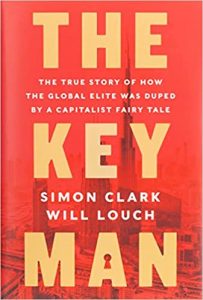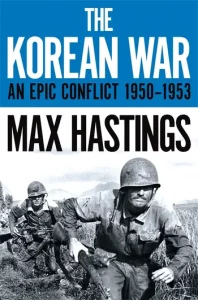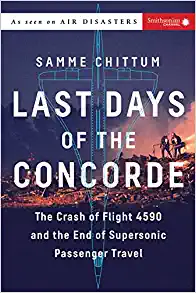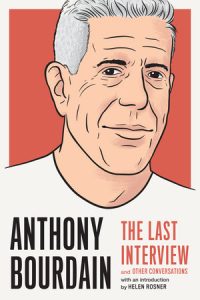The Curse Of The Marquis De Sade
₦15,000.00Described as both “one of the most important novels ever written” and “the gospel of evil,” 120 Days of Sodom was written by the Marquis de Sade, a notorious eighteenth-century aristocrat who waged a campaign of mayhem and debauchery across France, evaded execution, and inspired the word “sadism,” which came to mean receiving pleasure from pain. Despite all his crimes, Sade considered this work to be his greatest transgression.
The original manuscript of 120 Days of Sodom, a tiny scroll penned in the bowels of the Bastille in Paris, would embark on a centuries-spanning odyssey across Europe, passing from nineteenth-century banned book collectors to pioneering sex researchers to avant-garde artists before being hidden away from Nazi book burnings. In 2014, the world heralded its return to France when the scroll was purchased for millions by Gérard Lhéritier, the self-made son of a plumber who had used his savvy business skills to upend France’s renowned rare-book market. But the sale opened the door to vendettas by the government, feuds among antiquarian booksellers, manuscript sales derailed by sabotage, a record-breaking lottery jackpot, and allegations of a decade-long billion-euro con, the specifics of which, if true, would make the scroll part of France’s largest-ever Ponzi scheme.
Told with gripping reporting and flush with deceit and scandal, The Curse of the Marquis de Sade weaves together the sweeping odyssey of 120 Days of Sodom and the spectacular rise and fall of Lhéritier, once the “king of manuscripts” and now known to many as the Bernie Madoff of France. At its center is an urgent question for all those who cherish the written word: As the age of handwriting comes to an end, what do we owe the original texts left behind?

